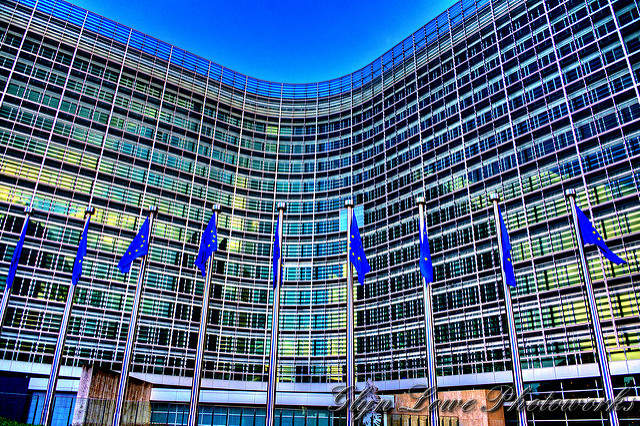
The EU’s General Court has dismissed a case submitted by Austria against the European Commission’s (EC’s) approval of state aid for the planned Hinkley Point C nuclear power plant in Somerset, England.
In a statement, the General Court said that the Commission ‘did not err’ in its decision to accept the UK’s defence that the completed plant will serve the interests of the general public.
The state aid was approved to be granted to EDF Energy subsidiary NNB Generation in October 2014. It is comprised of three parts; a contract for difference, an agreement between NNB investors and the UK’s Secretary of State for Energy and Climate Change, and a credit guarantee from the UK on bonds to be issued by NNB.
The contract is intended to guarantee price stability for electricity sales and to ensure compensation in the event of an early plant shutdown, while the agreement offers compensation in the event of early shutdown for political reasons. The credit guarantee is intended to ensure the timely payment of principal and interest of qualifying debt, up to a maximum of £17bn.
These terms were accepted by the EC as suitable for the internal market, despite Austria’s lawsuit being filed on 6 July 2015, seeking to make the EC’s decision void.
Since the lawsuit was first filed Luxembourg has voiced its support of Austria, though the Czech Republic, France, Hungary, Poland, Romania, Slovakia and the UK have all backed the Commission.
Werner Faymann, the then Austrian Chancellor, defended the filing, saying that nuclear power ‘is not an innovative technology and is therefore not worthy of subsidy’. He added that state aid should only be given in support of “new and modern technologies” which serve the interests of all EU countries.
The case was officially dismissed on 12 July 2018, with the court saying that the ’objective of promoting nuclear power, and, more specifically, of promoting the creation of new nuclear energy production capacities, is related to the Euratom Community’s goal of facilitating investment in the nuclear field’.
It also said that Austria had failed to disprove the EC’s statement that it was ‘unrealistic’ to expect a comparable amount of wind generating capacity to be built over the same timeframe as the construction of Hinkley Point C ‘given the intermittent nature of that source of renewable energy’.
An appeal may still be brought against the decision before the European Court of Justice within the next two months.
The court’s decision was labelled by Foratom, the European nuclear trade body, as a good sign ‘for all the EU Member States which are considering nuclear new build projects as it sends a positive signal for future nuclear investments in the EU’.
Hinkley Point C is an EDF Energy project to be constructed in Somerset, England, and will consist of two Areva-designed European Pressurised Reactors. It is the first nuclear power station to be constructed in the UK in almost 20 years and is expected to provide around 7% of the country’s electricity. An October 2015 deal gave China General Nuclear a 33.5% stake in the project.
Austria also filed a lawsuit against the EC earlier this year for its approval of Hungarian state subsidies for the construction of two new reactors at the Paks nuclear power plant.



